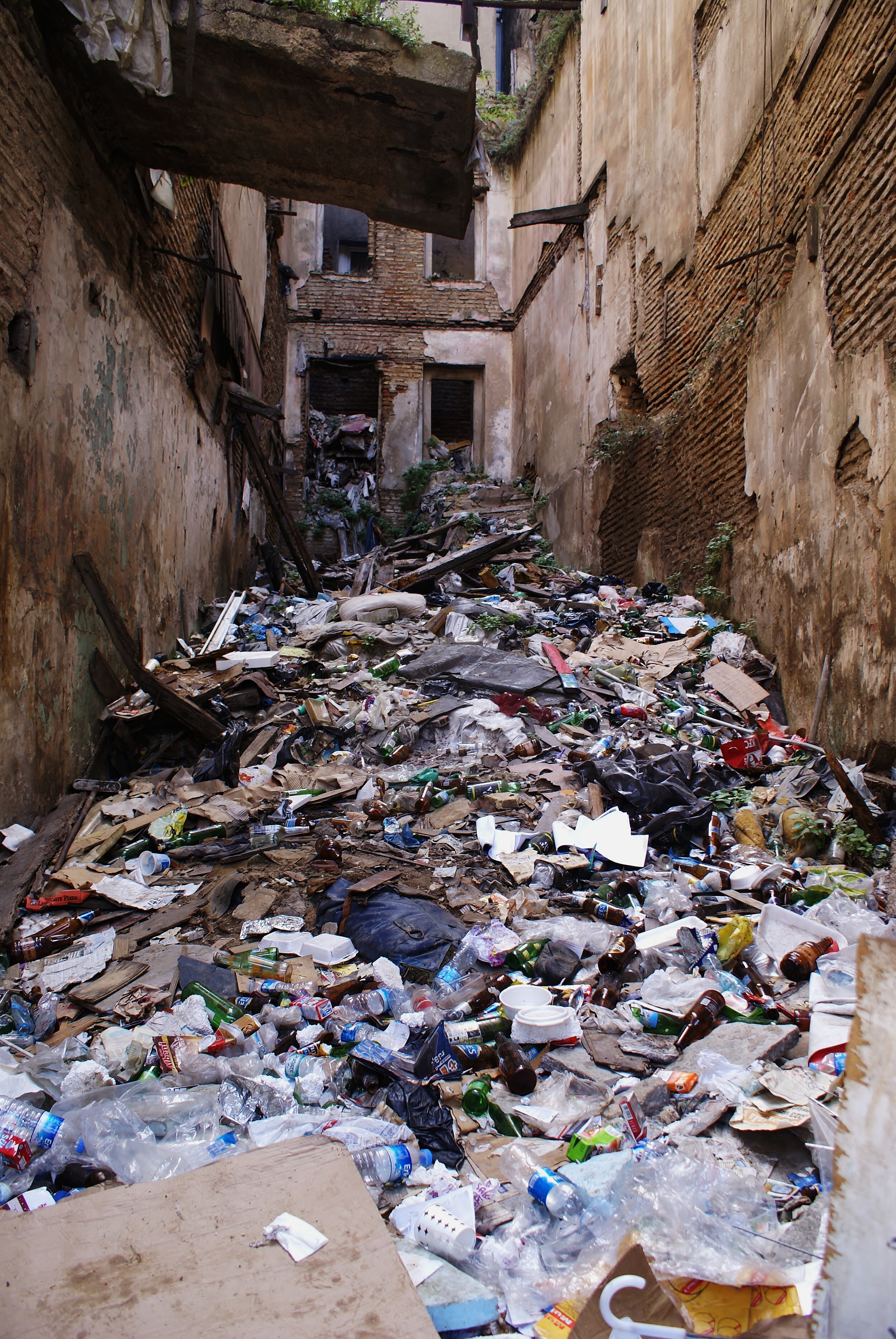Woolston is a visual artist who works across installation, photography, moving image and print. Often working in non-gallery spaces, across community settings and within archives or sites of listed significance.
Her practice generates frameworks for discursive reflection; focussing upon structures, environments and mechanisms that engender ecological and emotional recovery via public realm interventions, socially engaged practice and site-specific responses.
Previous installations have included 132,000 plastic knives and forks, 7500 ice-cream containers, 45,000 carrier bags and a selection of trees from Ash to Silver Birch - all designated as waste.
'Robyn often examines issues that others shy away from, from difficult emotions to consumer waste. In so doing, she seeks to make visible that which is forgotten, left behind and discarded.'
Ann Bukantas, Hon Curator, Walker Art Gallery, National Museums Liverpool.
Previous project partners have included Fort George (Historic Environment Scotland), National Trust Acorn Bank, National Trust Penrhyn Castle, Edge Hill railway station, Hull railway station, the Walker Art Gallery, Holst Birthplace Museum, Edge Hill University, an empty shop unit in Blackburn town centre and a grove of trees on Ullswater in the Lake District (UK).
In 2022 she presented a solo show at Fort Worth Contemporary Arts that embodied the culmination of three years of research and collaboration between the Botanical Research Institute of Texas, the TCU (Texas Christian University) department of Psychology and Fort Worth Contemporary Arts.
During 2024 she represented Scotland on behalf of Fablevision (Glasgow) in Gdańsk (Poland) as part of ‘Turning The Tide’ > An international residency programme funded by the European Union in collaboration with Intercult (Sweden), Urban Culture Institute (Poland), the Vienna Education Academy, Artit, Dear Hunter (Netherlands) & Fablevision (Glasgow). The outcome of that residency can be viewed here:
http://www.vimeo.com/robynwoolston/edgeland
Her work is held within public and private collections, as well as reference libraries (including the British Library).
>>>>>>>>>>>>>>>>>>>>>>>>>>>>>>>>>>>>>>>>>>>>

‘What must be discarded for this or that system to be created and to carry on? To persist, systems must rid themselves of people, places, and things that actually or potentially threaten the continuity of those systems. Wasting is a technique of power, but it’s not the only one.’
Publication: ‘Discard Studies: Wasting, Systems and Power’
Authors: Max Liboiron & Josh Lepawsky
>>>>>>>>>>>>>>>>>>>>>>>>>>>>>>>>>>>>>>>>>>>
Archive Project:
Installation: ‘Strangers in a Strange Land’ (2012), Walker Art Gallery, Liverpool. Containing an Artists Bookwork, 3.6 tonnes of post-consumer plastic waste (formed into 9 bales), photographic prints (Diasec), and ‘Strangers in a Strange Land’ by
Albert Starling (1858–1947), an oil painting from 1889 from the archive @ the Walker.
Curator: Ann Bukantas
‘Waste. Product. Istanbul.’ Artists Bookwork (selected images left and below)
Comprosed of an emotive set of photographs taken during a residency in Istanbul in 2012, (the publication) documents the waste ‘processes’ observed; from the 'Papermen' (unofficial collectors, sorters and recyclers of the city's waste) to the stray dogs, micro-chipped in an effort to bring a sense of order to these 'waste' animals.
https://www.liverpoolmuseums.org.uk/news/press-releases/strangers-strange-land



























